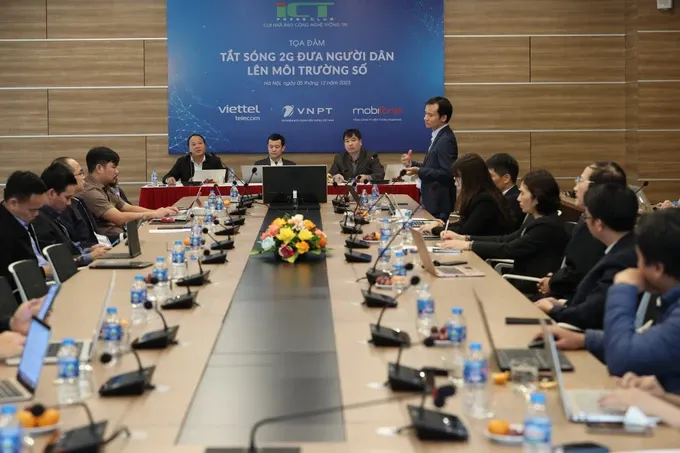
In the discussion, Deputy Director Nguyen Phong Nha of the Telecommunications Authority (under the Ministry of Information and Communications - MIC) shared that since 2016, when the 4G technology was officially approved, MIC has devised various measures for 2G shutdown by 2024. These have been wholeheartedly supported by network carriers since it is impractical to simultaneously offer the four versions of 2G, 3G, 4G, and 5G, which is cost-intensive.
This is the ripe time for mobile network providers to consider stopping 2G waves and piloting the more advanced version – the 5G technology while still carrying out their digital transformation process as well as upgrading subscription features for their customers.
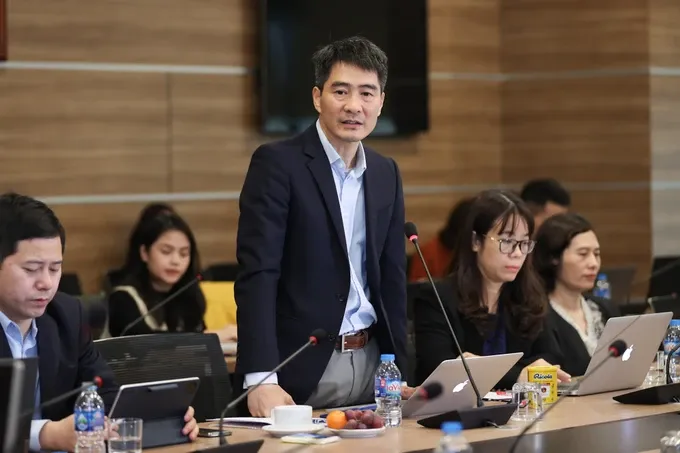
“MIC plans that by 2030, the 6G technology will have been introduced in Vietnam, meaning any phones using the 2G one will no longer be imported and in circulation”, said the Deputy Director. He further informed that at present, there are over 15 million 2G activated subscribers.
The Vietnam Public-Utility Telecommunication Service Fund, managed by MIC, will distribute 400,000 mobile phones free of charge to the extremely vulnerable in remote areas to help them approach new technologies more easily. MIC will also cooperate with local authorities to mobilize possible social resources to support citizens change to the 4G technology synchronously.
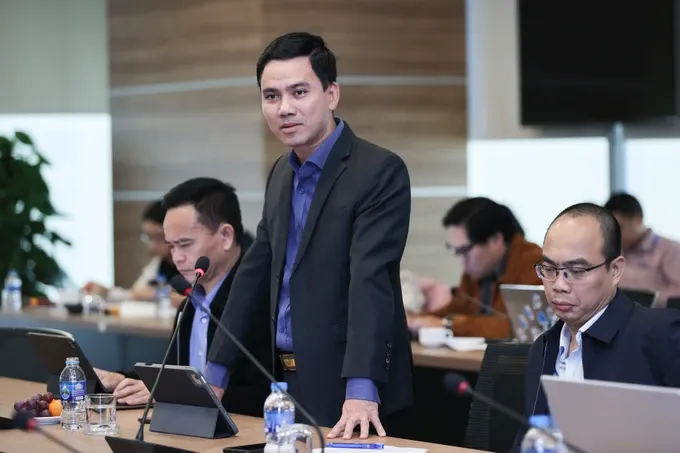
Deputy General Director Nguyen Trong Tinh of Viettel Telecom shared that the conversion of customers using the 2G technology to the 4G one has been done for the last 4 years. Viettel is the first carrier to successfully convert all 3G subscribers to 4G ones, leaving only 2 percent of its customers still using the former. He stressed that discontinuing an outdated technology to focus on more cutting-edge versions economically benefits telecoms businesses. Sadly, the proportion of 2G-only subscribers in Vietnam, at 16 percent, is still rather high compared to neighboring countries and developed nations.
Viettel aims to continue conversing the subscription of its customers by 2024. It will only stop its 2G stations when this proportion is below 5 percent. Meanwhile, it is trying to expand its 4G coverage to remote areas, border areas, and islands. In addition, Viettel is offering 4G services at extremely low prices compared to those using the 2G technology and financially aiding its customers to switch to new 4G smart phones and feature phones with a discount of up to 50 percent.
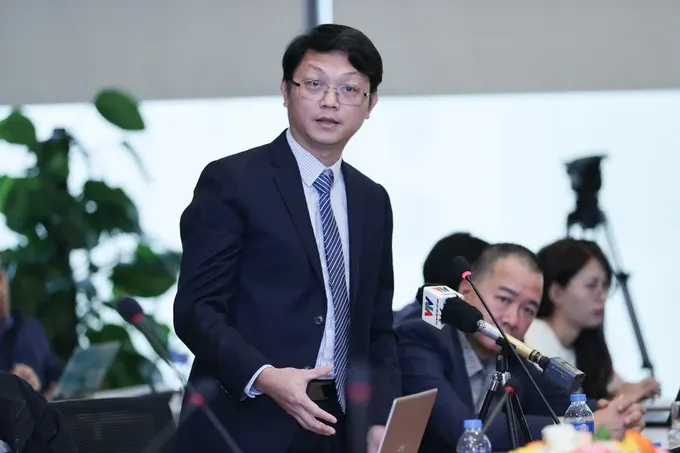
Deputy Head Nguyen Quoc Khanh of the Technology Division in VNPT Group voiced his organization’s hope to cooperate with other mobile network carriers and related parties to turn off 2G waves. In the 2015-2016 period, the 2G traffic of VinaPhone accounted for 60 percent. When the 3G and 4G technologies were introduced, VNPT intended to shut down the 2G one while promoting the growth of its newer versions. It has switch off individual 2G stations in locations with low need. VNPT commits to conversing all 2G-only subscribers (now occupying 6 percent of its total customer quantity) by September 2024.
VNPT is going to deliver free smartphones or offer financial aid to 2G-only customers in remote areas and islands so that these people are able to approach more modern technologies. Later this year, it will implement new technologies to detect any subscribers violating legal regulations.
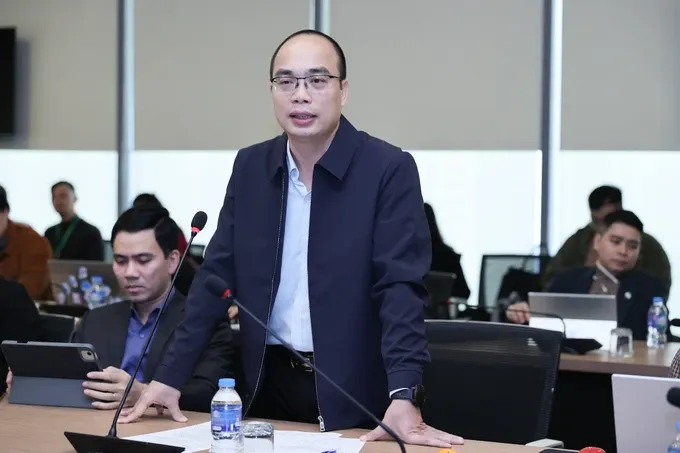
Deputy Head Le Mai Son of the Communications Division in MobiFone voiced that his organization completely supports MIC’s direction in the switch from 2G to 4G technology because not only does it benefit the business, but it also ensures customer rights. Lately, Mobifone has gradually stopped offering services to 2G-only subscribers in places with low need and has prepared an evaluation report about the effects of this decision to the public so that it can devise a logical roadmap to completely turn off the 2G waves.
However, he admitted that more time is needed to move to newer technologies. He stressed the necessity of synchronous 2G wave shutdown, beginning from state organizations to telecoms units and press agencies. This should become a nationwide campaign to let the public understand that the action is a kind of technological upgrade instead of an elimination.
Representing Vietnamobile, Dao Hai Nam shared that switching off 2G waves provides several benefits to customers. Nevertheless, this conversion to 4G must be done progressively, and Vietnamobile will turn off 2G at a suitable time in the future since it still has a large number of 2G subscribers.
























